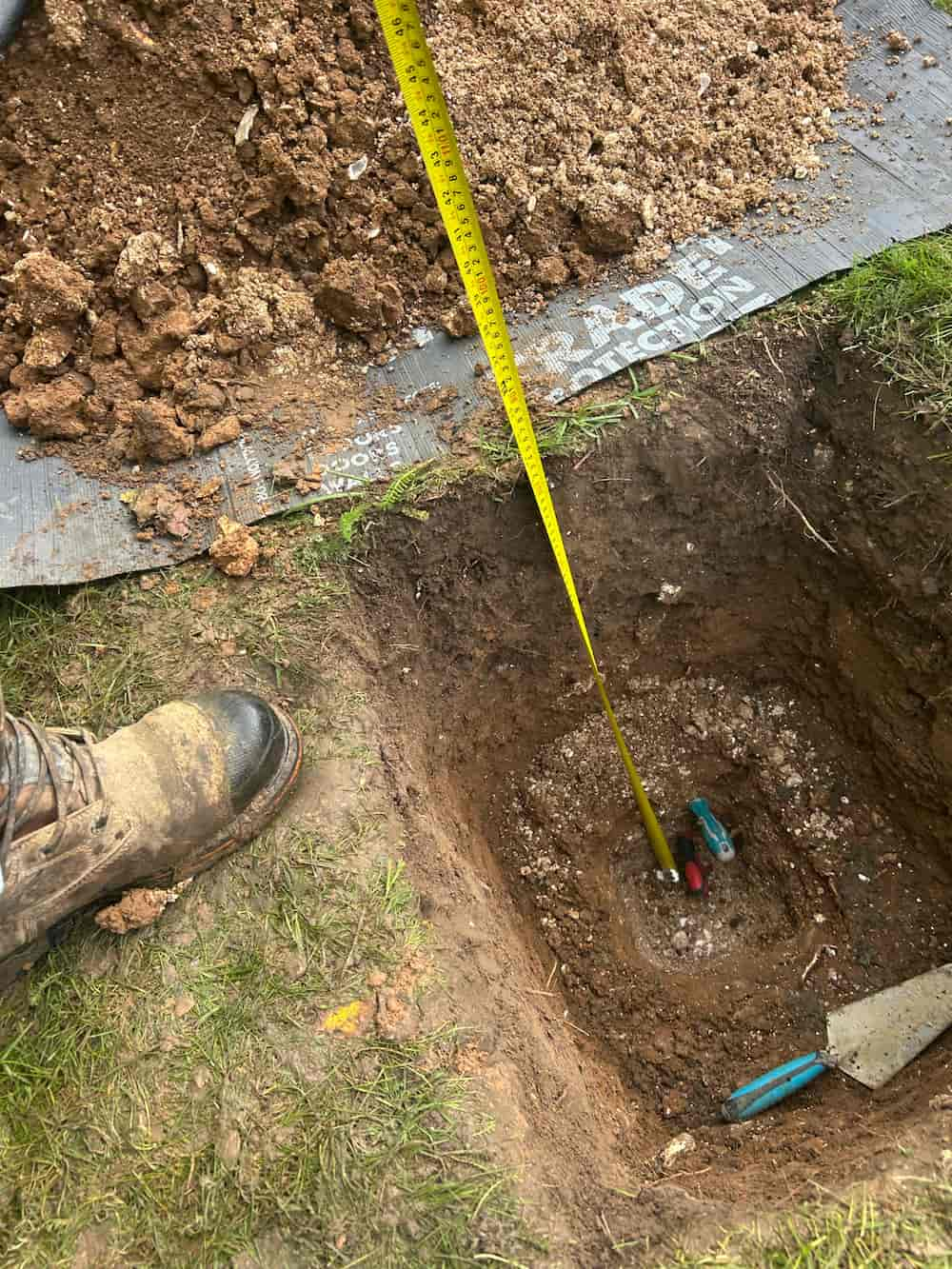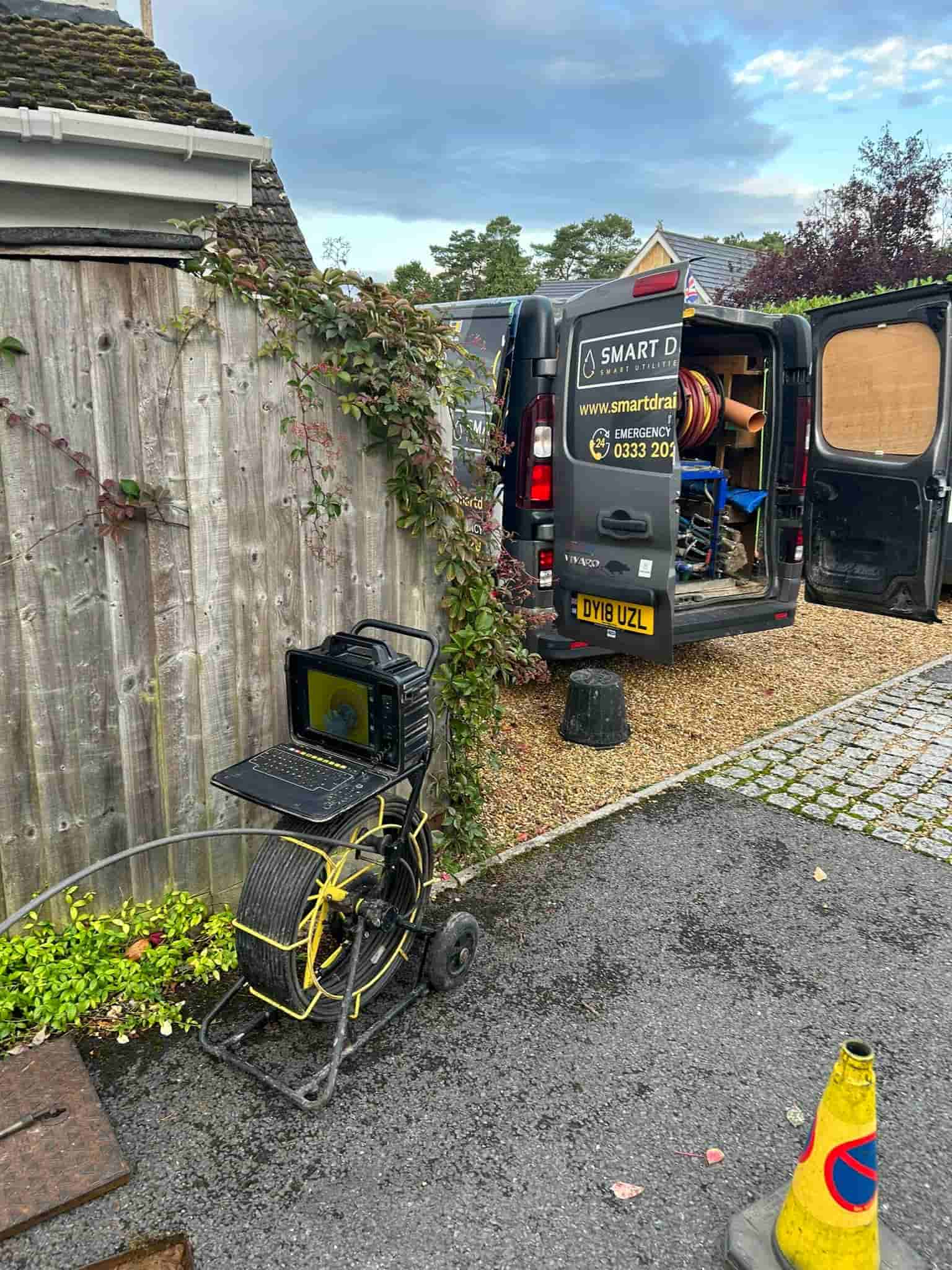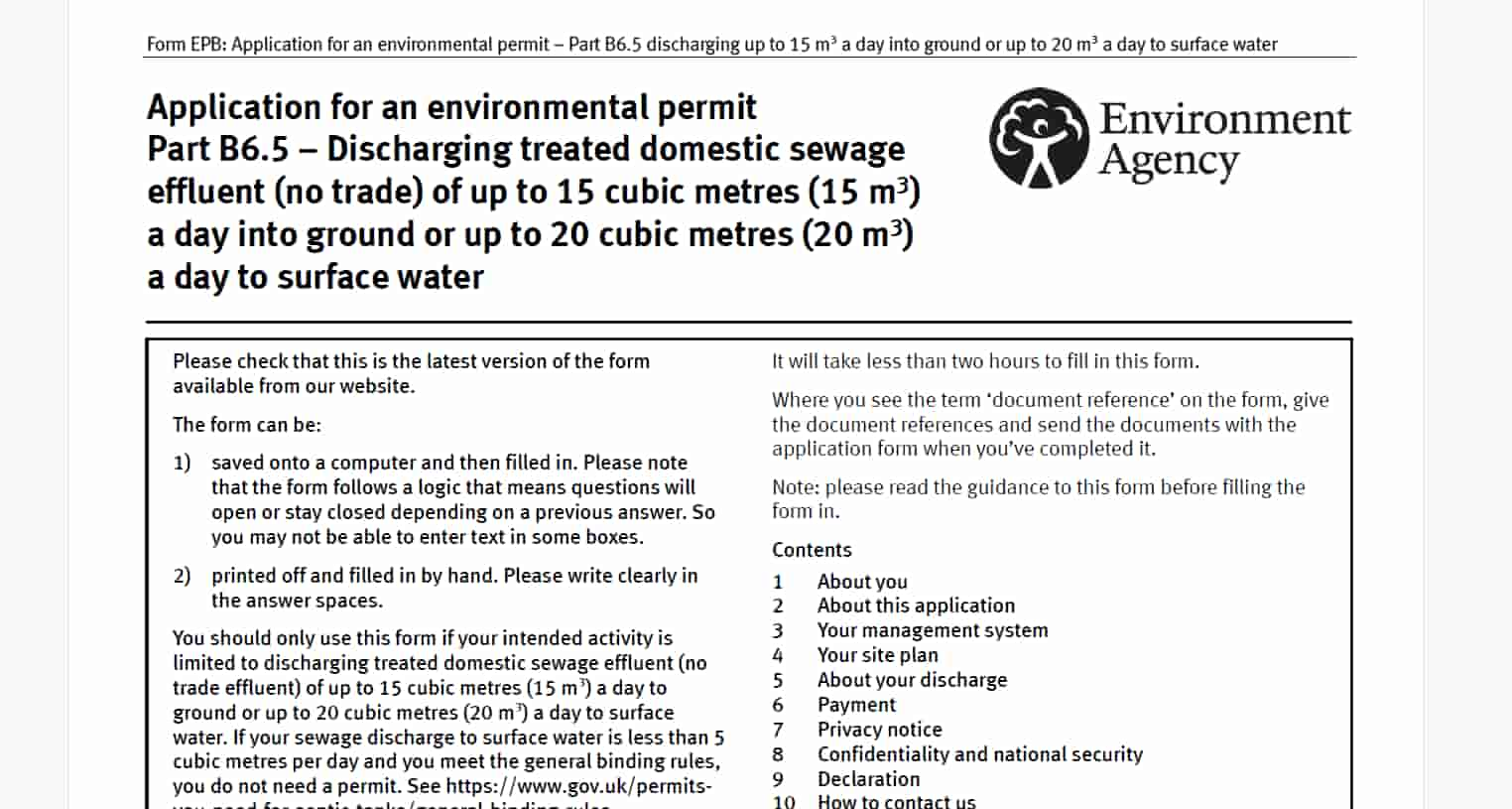
General Binding Rules in Brockenhurst
Smart Drainz advises homeowners and businesses in Brockenhurst, Hampshire, and across the South of England on compliance with the General Binding Rules. Our knowledgeable team ensures your drainage systems and septic solutions meet legal standards, helping you avoid fines and protect the environment.
Ensure compliance with Smart Drainz! Call 03332 027129 to discuss General Binding Rules anywhere in the South of England!
Ensure compliance with Smart Drainz! Call 03332 027129 to discuss General Binding Rules anywhere in the South of England!
Ensure compliance with Smart Drainz! Call 03332 027129 to discuss General Binding Rules anywhere in the South of England!
Ensure compliance with Smart Drainz! Call 03332 027129 to discuss General Binding Rules anywhere in the South of England!
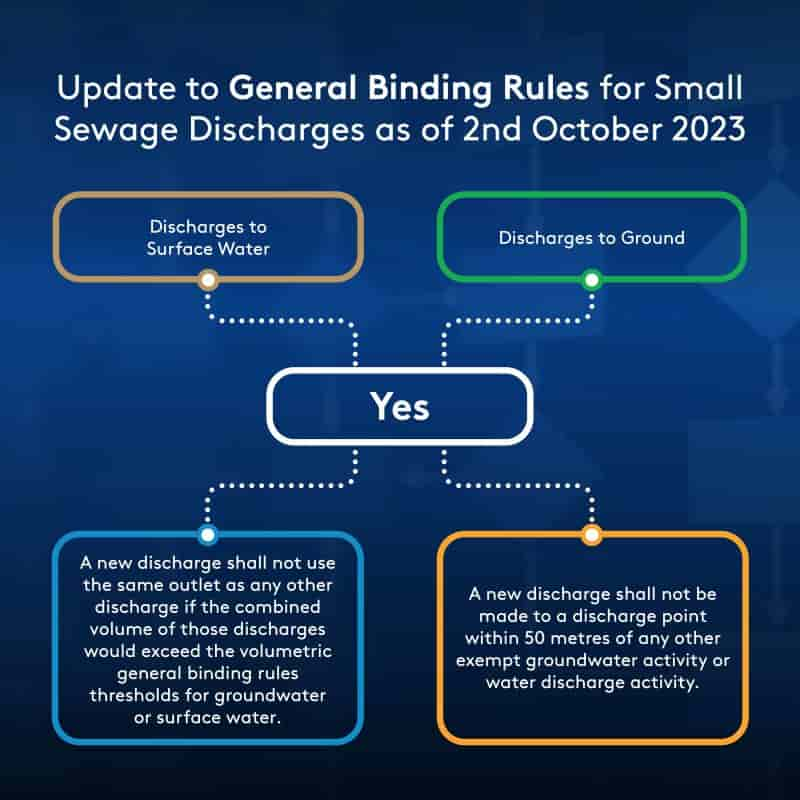
- Smart Drainz -
What Homeowners Need to Know About General Binding Rules Before Installing a Drainage System
When considering drainage installations for a new property or upgrading an existing system, it is crucial for homeowners to understand their legal obligations under the General Binding Rules. These regulations, enforced by the Environment Agency, ensure that small sewage discharges from domestic properties do not cause pollution to the environment. Failure to comply can lead to enforcement actions or the need to obtain Environmental Agency Discharge Permits.
Other factors such as the results of a percolation test, findings from pre-purchase surveys, and the location of the property—such as those in sensitive areas like Brockenhurst—can all have a direct impact on the viability and compliance of your drainage system. This article explores these key elements in detail to support informed decision-making and lawful installations.
What Are the General Binding Rules?
The General Binding Rules are a set of legal requirements that apply to properties discharging domestic sewage into the ground or surface water via systems such as septic tanks or small sewage treatment plants. These rules are designed to prevent pollution without the need for the property owner to apply for an Environmental Agency Discharge Permit, provided certain criteria are met. However, where installations do not meet the specified standards, such a permit becomes mandatory.
Key conditions under the General Binding Rules include:
- Discharges must not cause pollution to the environment
- The sewage must be domestic in nature (not industrial or commercial)
- The maximum daily discharge volume must not exceed 2,000 litres to ground or 5,000 litres to surface water
- The discharge point must be a minimum distance away from water sources, buildings, and boundaries
- Systems must be maintained and emptied regularly
Failing to adhere to these rules may result in non-compliance, which can incur penalties or remedial obligations.

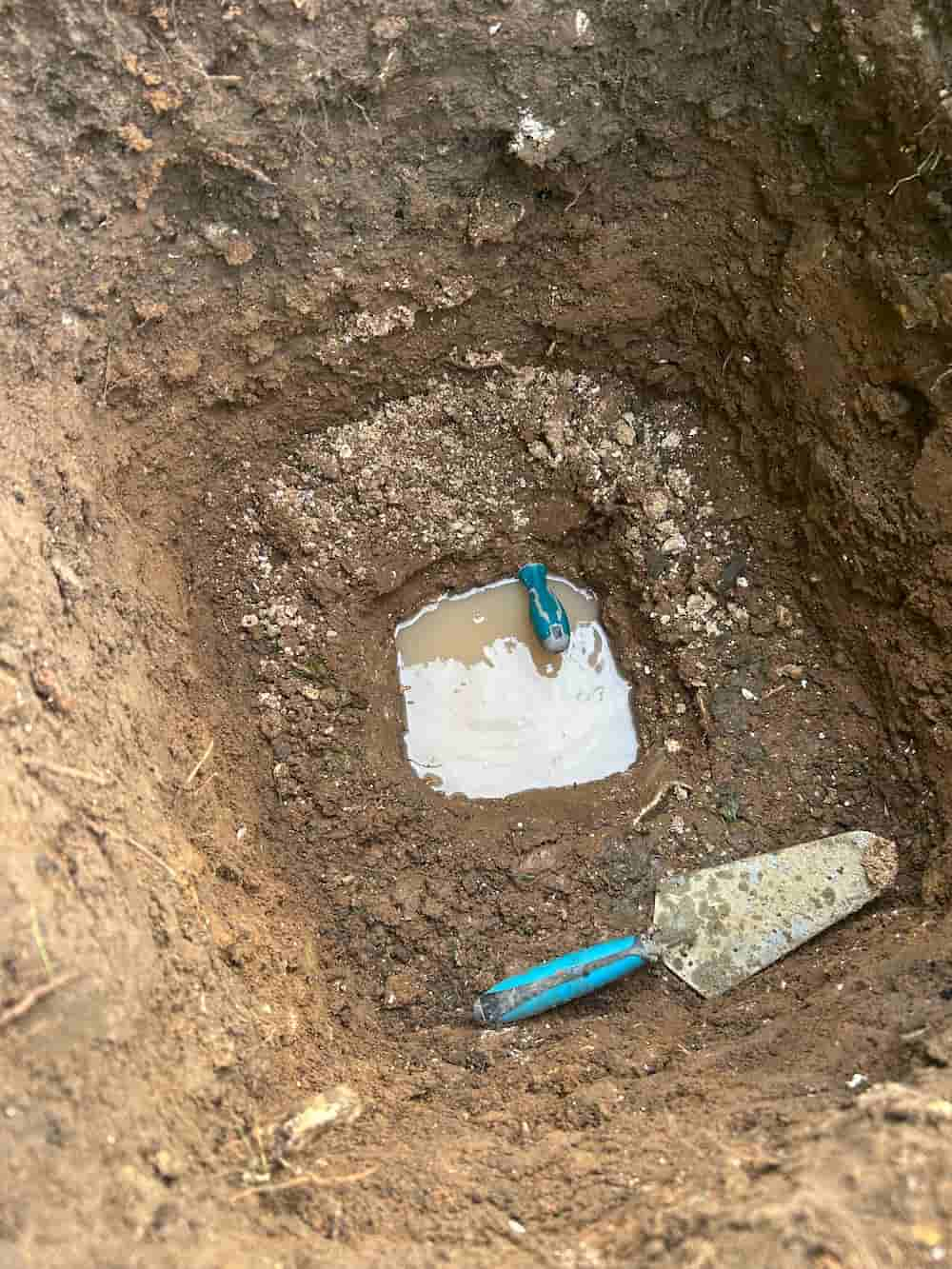
Why Drainage Installations Require Specialist Oversight
Proper drainage installations must be planned and executed with full consideration of soil conditions, discharge limits, and proximity to protected zones. In areas such as Brockenhurst, which may include Sites of Special Scientific Interest (SSSIs) or groundwater source protection zones, the risk of environmental impact is heightened. Consequently, extra care must be taken to ensure all system designs meet both the General Binding Rules and any applicable local or regional regulations.
A critical part of this process is ensuring the suitability of the subsoil for infiltration—assessed via a percolation test.



